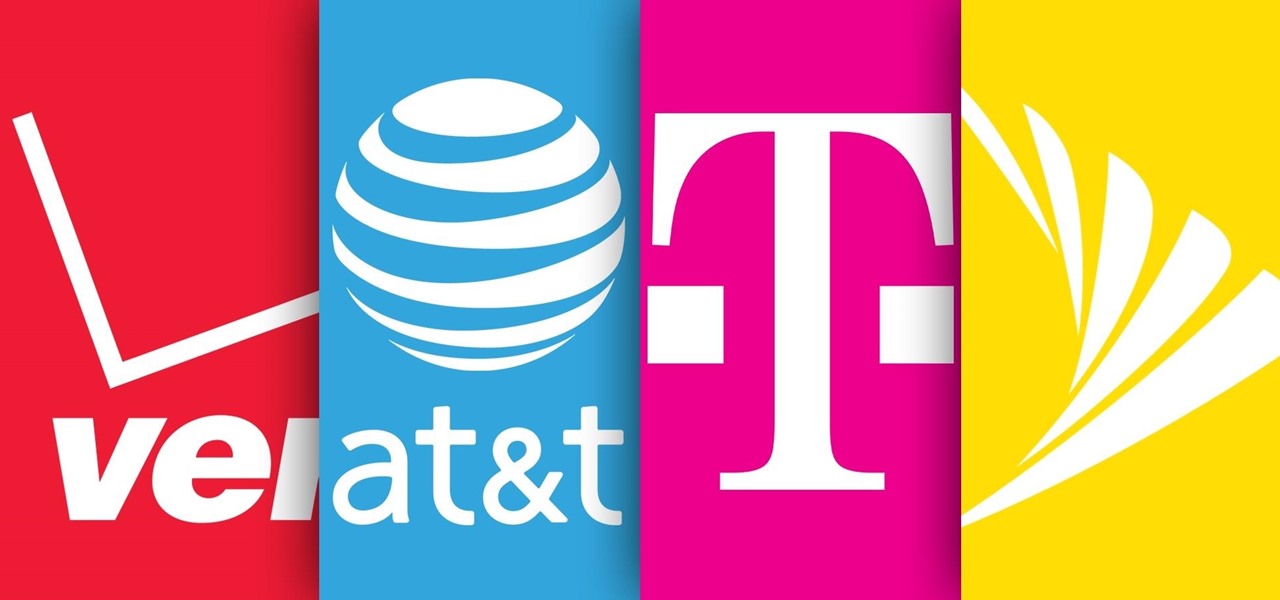 |
| Comparison of modern monopolies to Standard Oil |
As of this week, the monopoly on everyone's mind is T-Mobile and Sprint. Currently, four companies dominate the cell phone and data industry: T-Mobile, Sprint, AT&T, and Verizon. AT&T has already dealt with monopoly lawsuits throughout its 100+ year history; in 1949, President Harry S. Truman, sought to break apart Western Electric and the Bell System’s manufacturing arm. Truman's administration argued that Western Electric was overcharging AT&T, who in turn was increasing prices for telephone customers. The pressure on these companies has fluctuated during the late 20th century, but each time they have tried to merge, the public and governmental scrutiny increased exponentially. Previous attempts to merge between these four companies have all failed. For example, in 2011, AT&T sought to acquire T-Mobile for $39 billion. However, after facing strong opposition by federal regulators, the deal was abandoned.
However, scrutiny and criticism may not be enough to prevent T-Mobile and Sprint's proposed merger. That minuscule number of four competitive companies is set to be reduced to just three.
Ironically, the merger was proposed to increase competition -- just the competition between the four companies, rather than for newer companies to be allowed into the game. T-Mobile and Sprint hope to better compete against Verizon and AT&T by combining and using the same customer base.
Additionally, the companies hope that by joining forces they will beat others to commercializing 5G "Fifth Generation" Internet (faster and more secure Internet access via cellphones). Comparatively, this merger is cheaper than AT&T's 2011 proposal; T-Mobile offered to merge with Sprint for only $26 billion. This merger also raises an argument in favor of American monopolies; T-Mobile argues that if US companies are to out-compete the Chinese tech industry for 5G, this mobile is necessary. Chris Lane, an analyst in Hong Kong summarizes, “It’s hard to argue that 5G is not key to the next five to 10 years. Strategically, if you’re the U.S. and you’re trying to plan industrial policy, this deal makes sense.”
Sites
https://www.wsj.com/articles/the-antitrust-case-against-facebook-google-amazon-and-apple-1516121561
https://www.nytimes.com/2017/11/20/business/atts-run-ins-with-the-government.html
https://www.washingtonpost.com/news/the-switch/wp/2018/04/30/what-the-t-mobile-and-sprint-merger-means-for-you/?utm_term=.6cc148e400c8
https://www.nytimes.com/2018/04/30/technology/tmobile-sprint-china-5g.html


Interesting topic, Karenna. Even after the Progressive Era, there have still been some forms of monopolies, like the ones you mentioned above. In fact, President Trump has tweeted against Amazon.com Inc, criticising Amazon over its business practices and economic impact. He tweeted that the company should pay more in taxes and is "putting many thousands of retailers out of business." These tweets were followed with a report from online news site Axios that stated that President Trump was looking at more strictly regulating Amazon through the antitrust law. Many policy experts question how big is too big as they look at Amazon's rapid growth for over two decades from an online bookseller to a $178 billion retailer with a cloud-computing business, a Hollywood studio, a device business, and a grocery store chain.
ReplyDeletehttp://knowledge.wharton.upenn.edu/article/amazon-under-attack/
This is very interesting to think about! I wonder if such possible monopolies continue to grow, will they be stopped in a similar fashion to previous monopolies that occurred historically? I researched a bit more on possible modern day monopolies, and I found an intriguing article that discusses how some in the Hollywood/film industry think Netflix could possibly become a monopoly. It is interesting to the see the trends and patterns that occur with modern day monopolies and historical ones.
ReplyDeletehttp://www.businessinsider.com/hollywood-fears-the-netflix-monopoly-2016-9